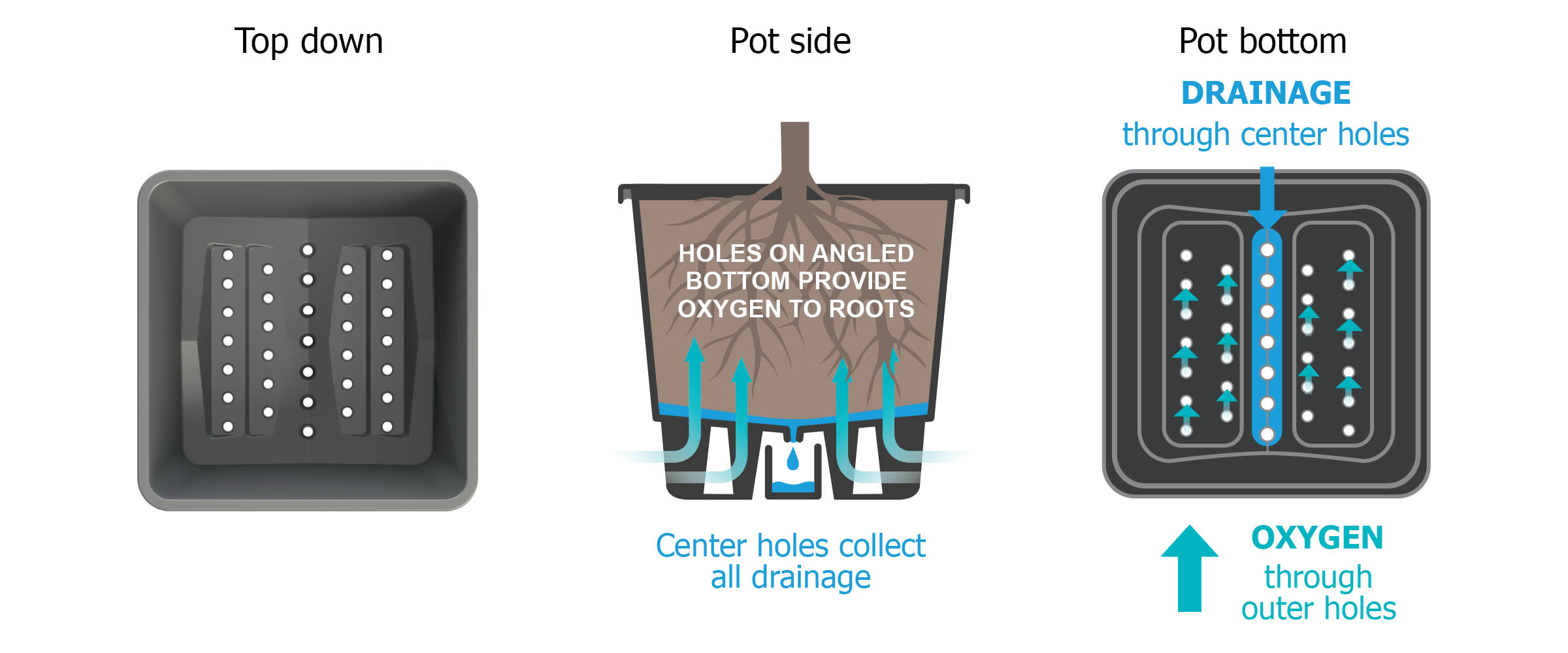Today we are sharing 3 ways to be more intentional with your gardening. This includes planning and cultivating towards reaching your ultimate goal of creating your perfect dream garden.
Gardening with intent ensures that you don’t put in all that hard work only to find your efforts are wasted in the long term.
When it comes to your garden, you’re always going to want it to look its best. For it to flourish. For all of your hard work to pay off. However, it’s really not always that easy for you to manage that unless you’re intentional. Because you can just try to do bits and bobs here and there, you may not see the desired results. But if you know you want to see growth and keep things easy to look after, here’s how to be more intentional and make it happen.
Three Tips for More Intentional Gardening
We know you are ready to get planting but press the pause button for just a moment and ready this advice.
1 – Do Your Research: A Basis on Intentional Gardening
To start with, you really do need to know what you are doing. It’s not just enough for you to hope that you’re doing the right thing. So research your plants. Know how to best care for them. Find out how best to plant and even what breeds you should look to get to create the garden of your dreams.
Planning is key to all of your best gardening intentions. Consider a plan as your roadmap. You would not set off on a cross-country drive without knowing your destination and an idea of how to get there! So, why would you undertake a landscaping project of this magnitude?
Additionally, wise planning can help you decide on the correct amount of materials to purchase to stop you from multiple trips to the garden center and cost overruns on your gardening project.
Yes, it slows you down when you are eager to dig into the Earth, but please do not skip this phase.
2 – Execute Routine Maintenance
Next, you need to make sure that you’re actually taking care of your garden. From the flowers and plants to generally keeping everything clean and tidy, it’s handy to have a schedule here so that everything is maintained.
You put much time, love, and energy into intentional gardening. Now you must set up a plan to care for the fruits of your labor. Some tasks to tend to every day or two include the following:
- Watering your plants as needed.
The species you select have a care instruction ticket in the flat when you purchase them. Snap a photo of these with your phone before you discard the ticket. That way, you will have it for reference later.
This information tells you how frequently to water and how much hydration your plantings require to thrive.
- Removing weeds from your garden
Weeds “choke out” your plants. Their roots can literally entangle with those of your plantings. However, they also compete for nutrients with your plants, and they usually are more vigorous species, leaving your gardening efforts look puny.
You can manually remove the weeds once a week with a weed fork or apply pre-emergent weed killer to wither the unwanted invaders before they take hold of your garden.
- Fertilize, so your gardening efforts exceed your wildest dreams
Finally, plan to fertilize approximately once per week. These products deliver the nutrients you need so that your plants will produce blooms or vegetables or fruits (depending on what you plant, of course). Read the product label, again that ticket that was with your plants when you brought them home from the nursery. Also, check the fertilizer label to see if it is pre-mixed, requires dilution, and care and handling instructions.
3 – Know How To Grow
And then finally, you’re definitely going to want to make sure that you’re able to grow the plants you want. Of course, you can pick anything and hope that it grows. But it’s definitely better to know what will help. Just take a look at the infographic below. Making sure that you have the proper drainage and oxygen flow can make a difference. This is just one more aspect of intentional gardening.
Infographic Design By Plantlogic plastic plant pots


